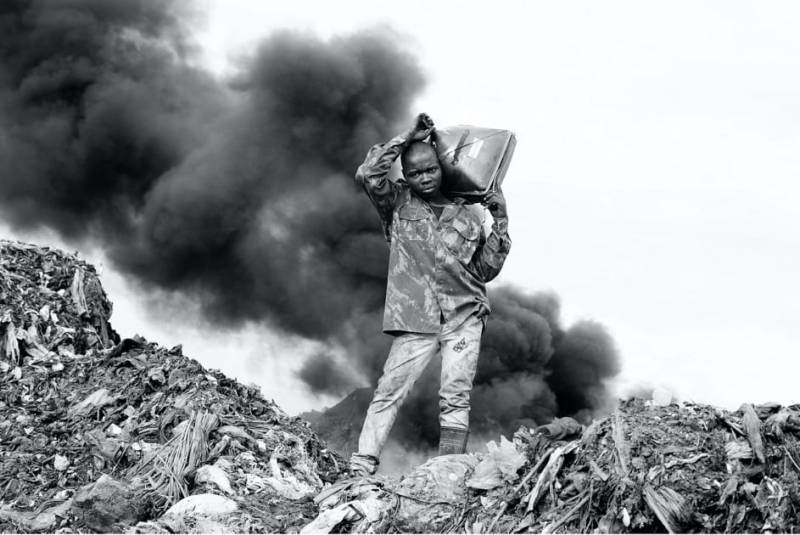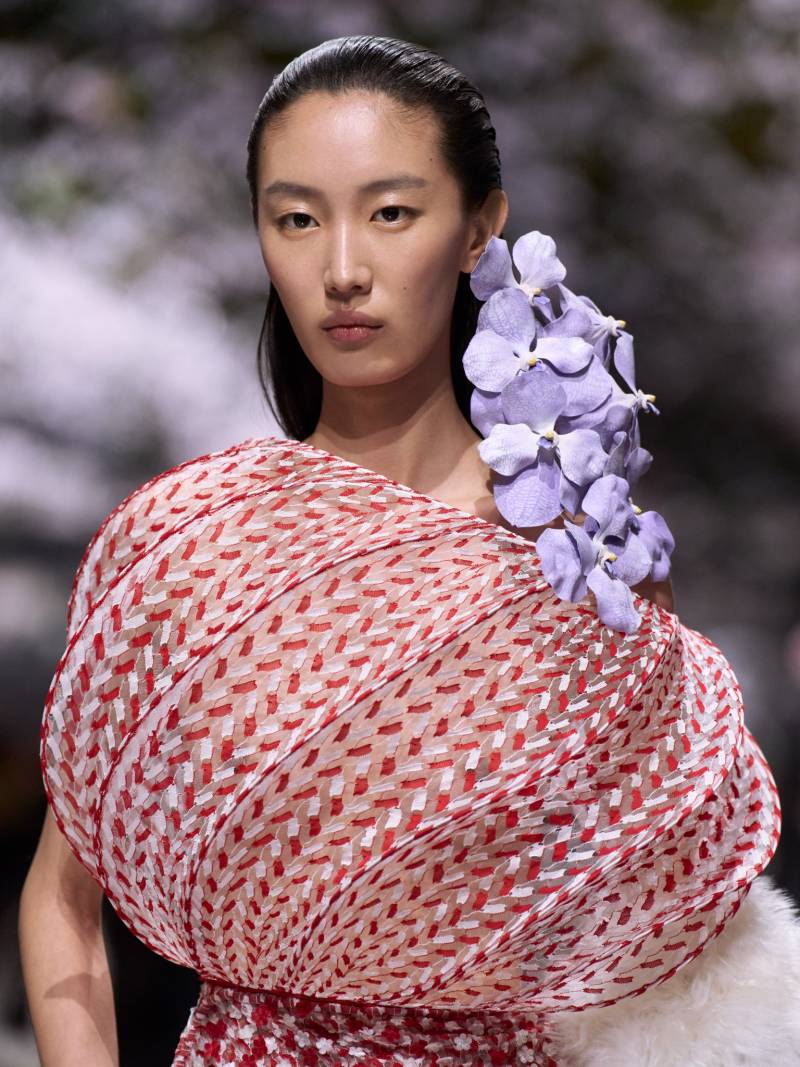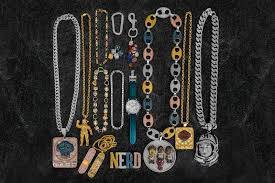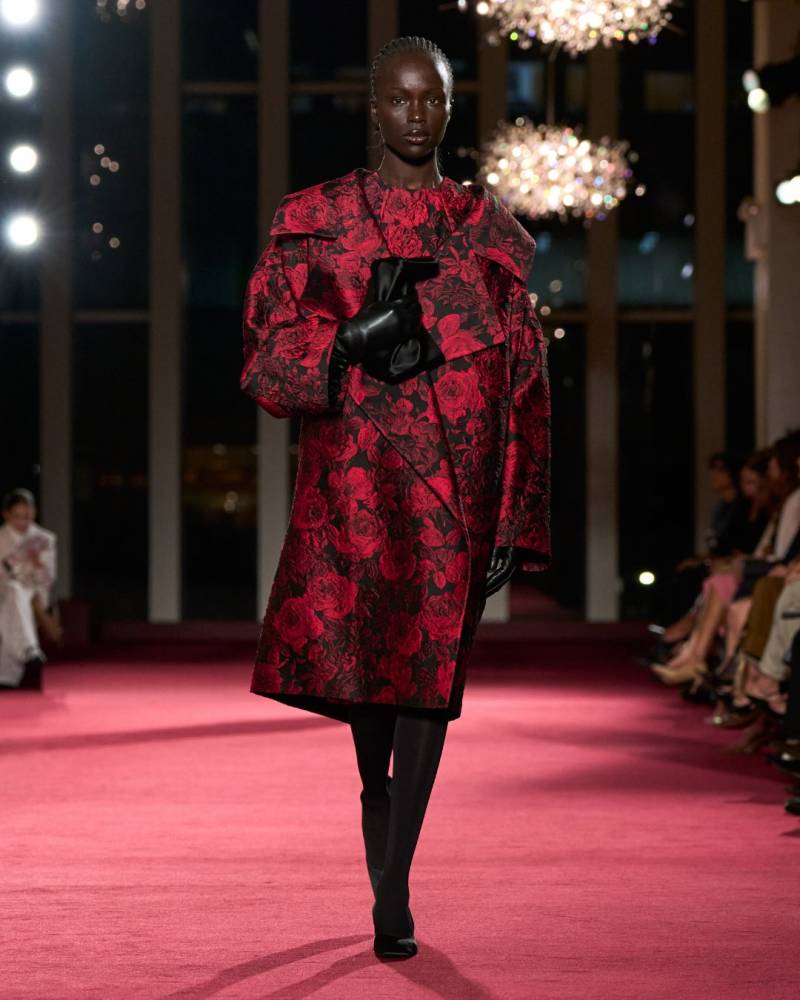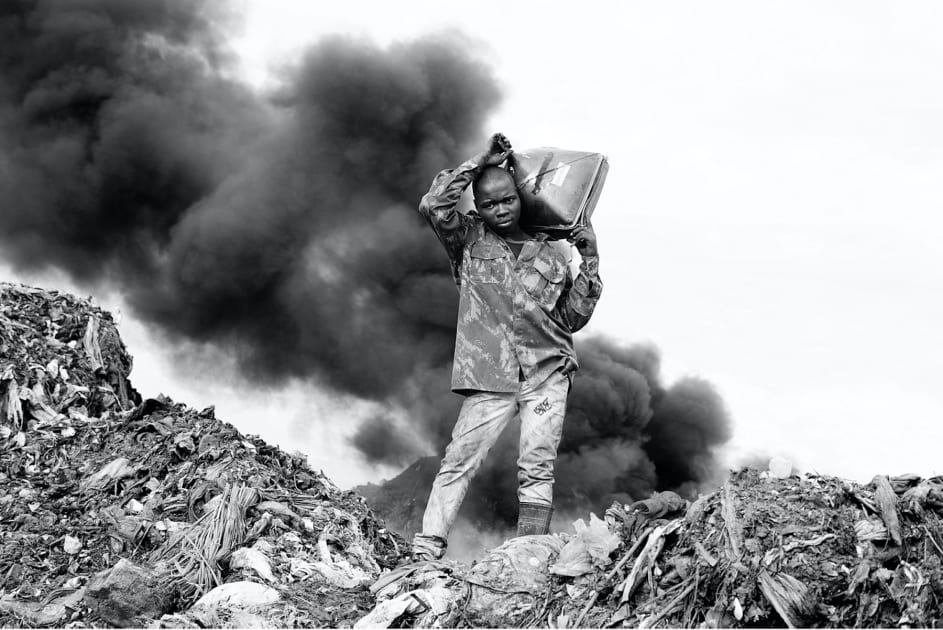
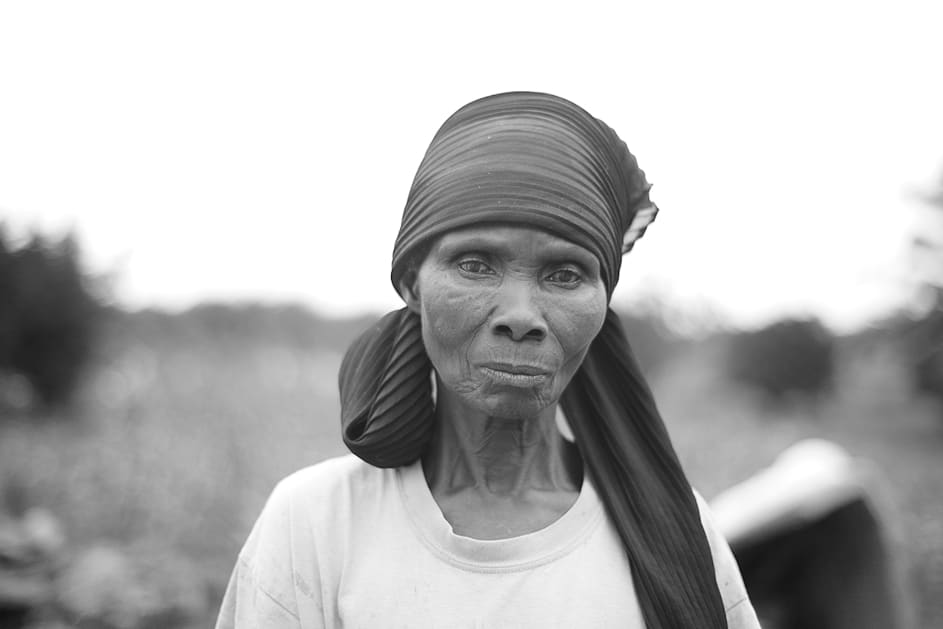
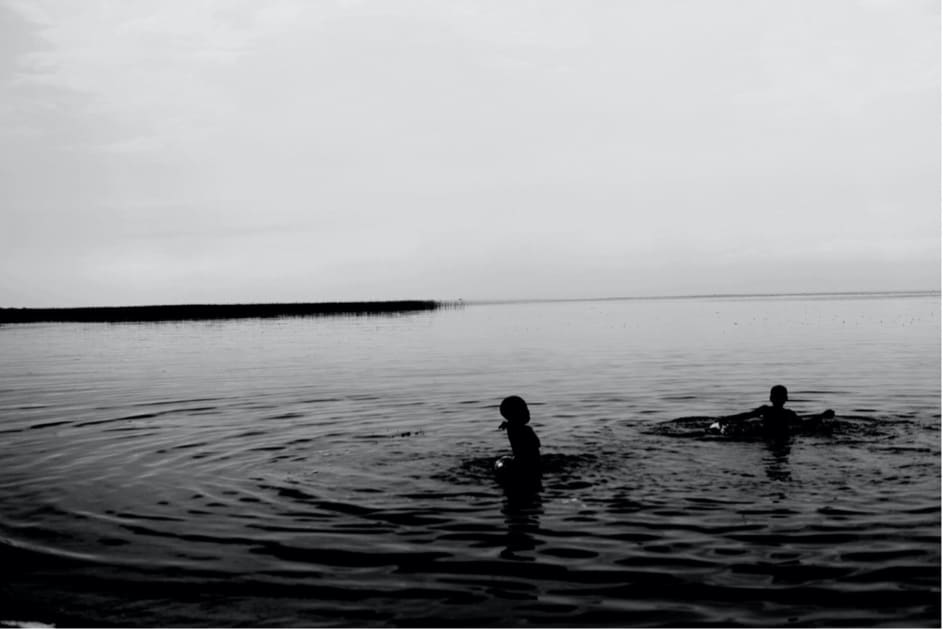
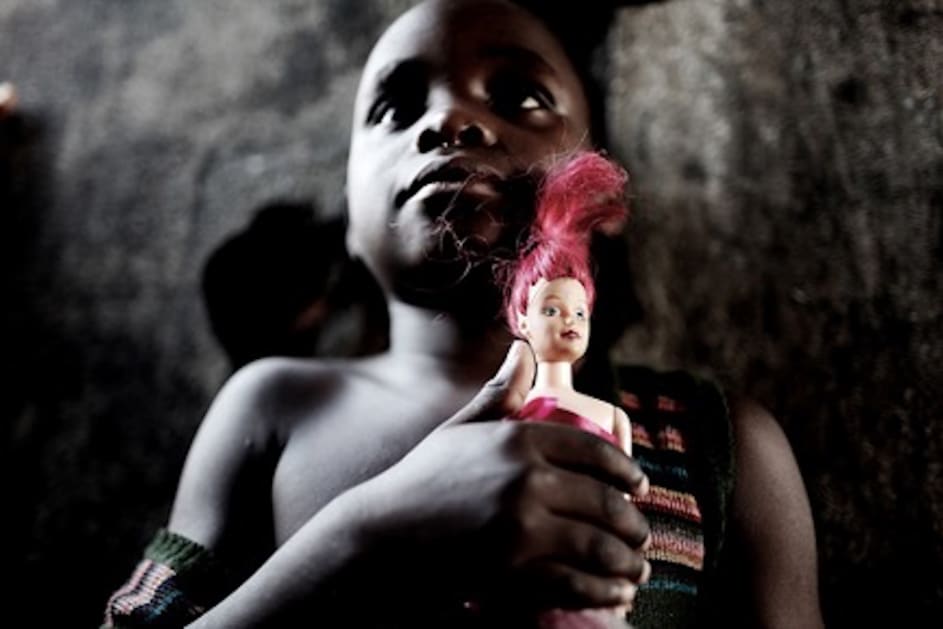
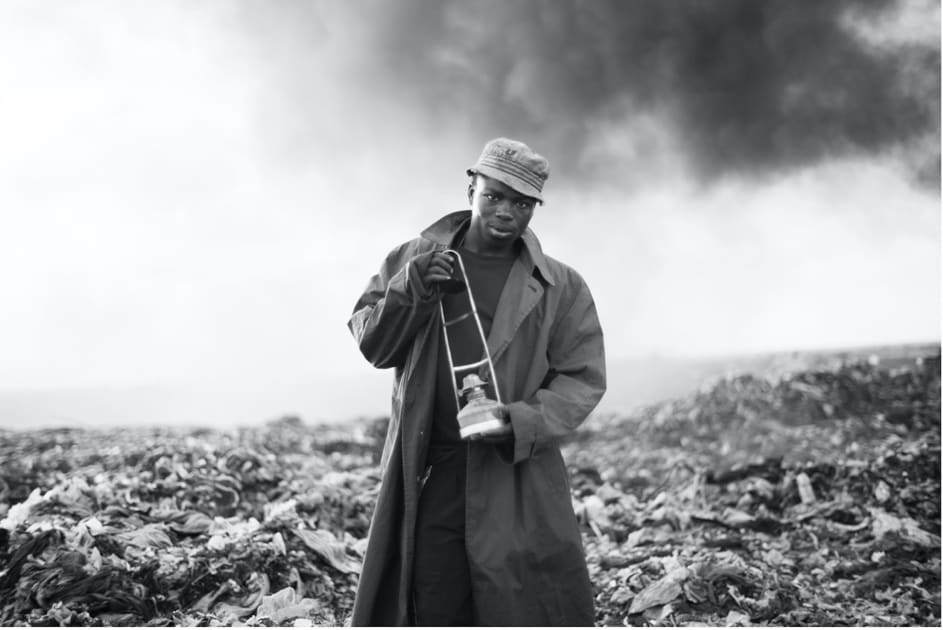
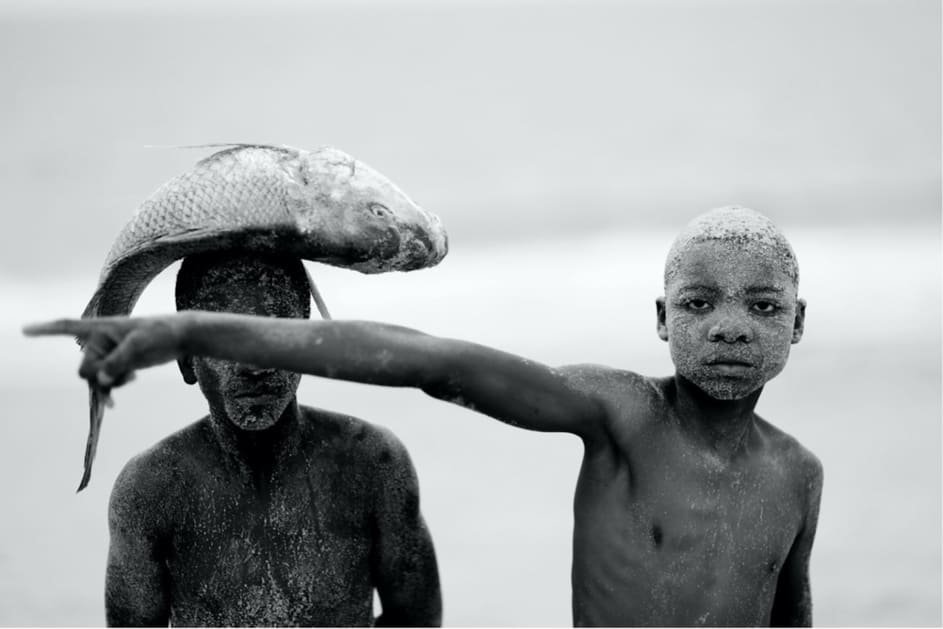
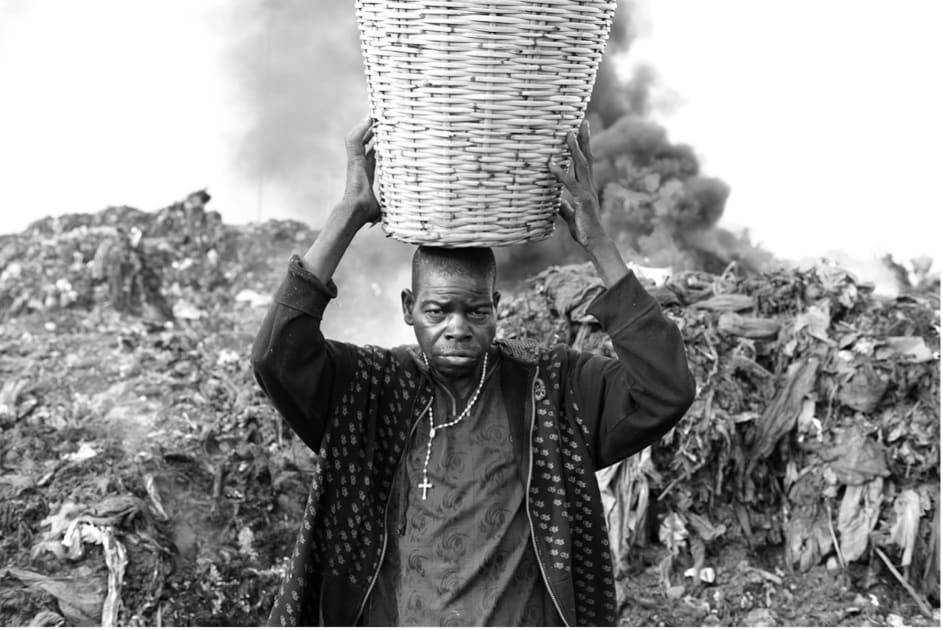
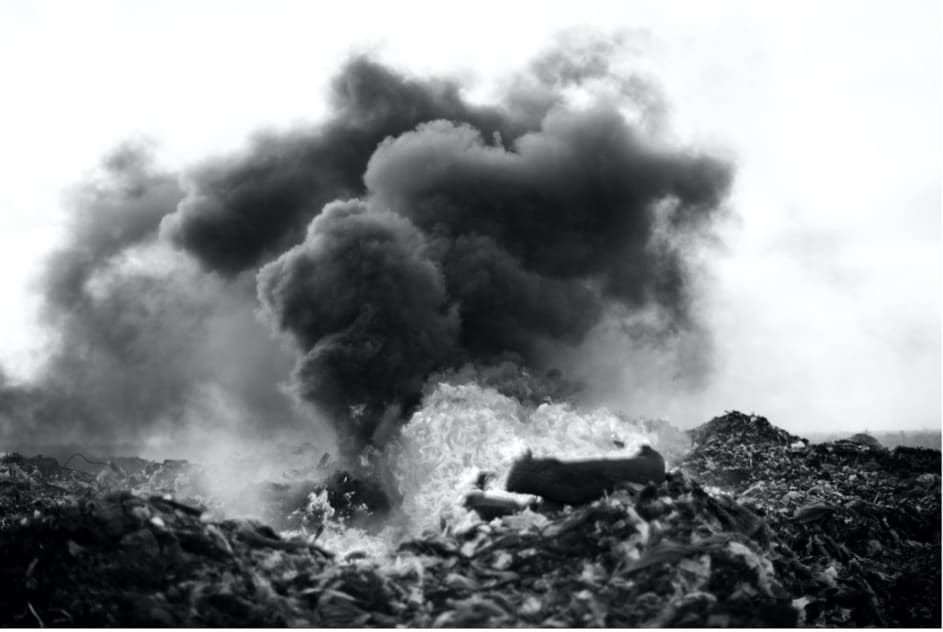
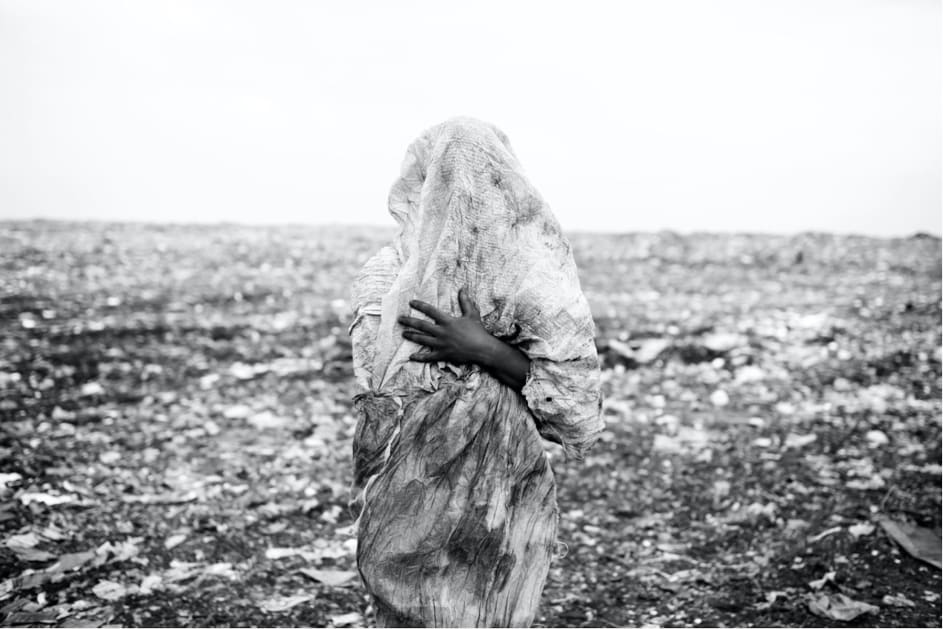
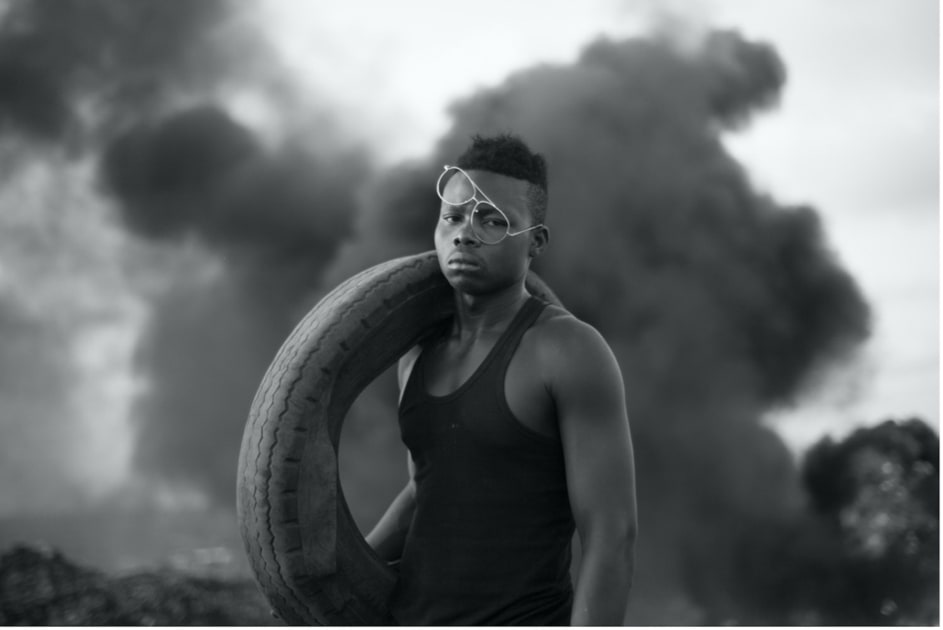
1 / 10 -Visual artist Mário Macilau captures social and environmental challenges in Mozambique. Born and raised in the capital of Maputo, Macilau, 38, says photography is the "language" he chooses to express himself and what he sees around him. Mário Macilau
With stunning black and white images, photographer Mário Macilau uses the 'language' of his craft to question society
Surrounded by his images in his workshop in Maputo, Mozambique, photographer Mário Macilau adjusts the contrast of a recent picture he captured. The simple yet striking image shows a boy covered in powder, taking part in a traditional religious ceremony. Macilau is searching for a delicate balance between black and white in the photo as he sheds light on the people living in the shadows of society.
The visual artist travels around his home country, capturing images of social and environmental issues. For Macilau, photography is "a very important tool to bring positive influence in the world," he said, adding it's about "the way people think, the way people see each other, the way people judge, the way people stereotype certain cultures."
Macilau, 38, uses his craft to question every aspect of society. The focus of his long-term projects ranges from depicting how colonialism has impacted Mozambique's architecture, to the preservation of the country's ancient religious ceremonies, and the raw realities of marginalized groups.
"We need to archive the social values that we have," he said. "For the upcoming generation, they need to know where they're coming from so they can know where they're going."
Macilau's art has been showcased around the world including group and solo exhibits in Lisbon, London, and New York City. As a child, he spent several years living on the street in the Mozambican capital of Maputo, where he worked to financially support his family before becoming an award-winning photographer.
Behind the lens with Mozambican photographer Mário Macilau
He says he discovered his passion for photography when he was 14 years old: "For me, photography was a toy. It's what was making me happy." It wasn't until Macilau decided to trade his mother's cell phone for a camera that he began pursuing the artform as a profession.
"Growing up in Darkness"
The photographer's experience of life on the fringe of society led him to create one of his most haunting series, "Growing up in Darkness." Over the course of several years, Macilau documented the conditions of street kids living in Maputo -- a tough reality facing many Mozambican children. According to a 2020 UNICEF report, 74% of children in the southern African nation lack proper access to basic infrastructure including sanitation and electricity.
"My idea was to show them (from) different perspectives ... how they're living, where they're living, where they're sleeping," Macilau said.
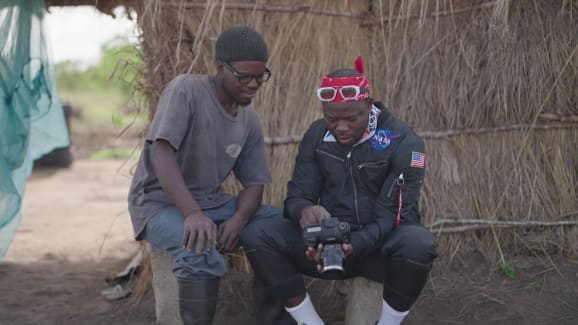
Mário Macilau (right) speaks with a man he photographed while riding his motorcycle through Mozambique. Credit: CNN
Before shooting the series, he spent time getting to know the children. He says he gained their confidence so he could become "invisible" and capture their authentic day-to-day lives.
"You need to build a trust with people," he added. "You need to tell them why: why you're shooting them; why this project is important for you, for your creativity; and what will you do with the project?"
The series was showcased at the 2015 Venice Biennale. All of the photos were printed in a black and white composition -- a style Macilau continues to use. This motif is prominent in another one of his long-form series, "Profit Corner," which humanizes the people working and living in a local dumpsite.

"I want people to look at my work and the first thing that they must find (in) it is beauty," he said, explaining how he believes using a stark contrast of black and white in his photographs helps people, "understand it easier and ... they don't forget about the photo."
Inspired by his Mozambican heritage and personal experiences, Macilau says he feels a sense of responsibility to use his photography to expose the challenges in our society and help make the world a better place.
"I'm trying to show people around me that there's a space for everyone," he said
